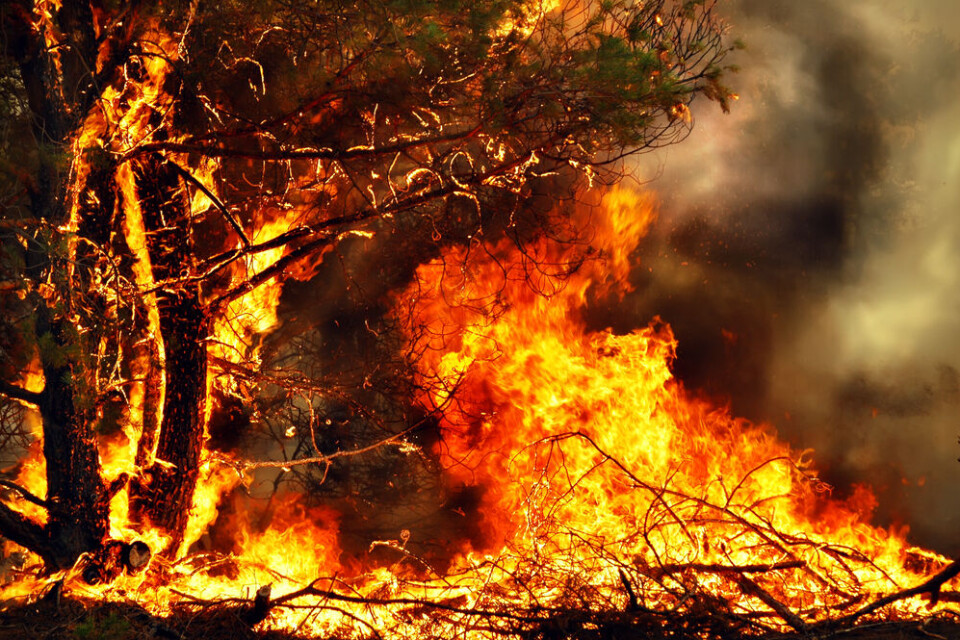-
Large increase in Americans buying properties on the Cote d’Azur
President Trump is cited as a major factor, but is not the only reason for the area’s popularity
-
Is compensation possible if a neighbour’s pet damages garden at French second home?
Disorderly pets can wreak havoc on gardens
-
Repairs on dry stone wall in France: Must stones be bought or can they be picked up?
You may need to consult your neighbour to repair border walls
Summer's here - time to clear fire-risk scrubland around French homes
Heavy fines - and even jail sentences - can be imposed on property owners who do not keep land near their homes clear. Four regions of France are particularly concerned

Residents in rural areas of four French regions that are at risk of wildfires in summer are reminded that it is their responsibility to ensure areas near their homes are kept clear of scrub.
People living in the Nouvelle-Aquitaine, Corsica, Occitanie and Provence-Alpes-Côte d 'Azur regions - and the departments of Ardèche and Drôme - are reminded that any land they are responsible for should be kept clear to reduce the risk of wildfires spreading.
Rules about the prevention of forest fires are laid out, in broad brushstrokes, at a national government level in the Code Forestier. It is then down to the préfecture - the state's local representative - in each department with significant forest coverage to create a set of detailed local rules - and down to home-owners to find out what they are and stick to them.
The areas of France most at risk of forest fires include the Var, Alpes-Maritimes and Ardèche in the south-east, Corsica, and the Gironde and Landes departments in the southwest, home to the Forêt des Landes, Europe's largest forest.
The Code Forestier advises prevention measures within woodland and also for properties situated within 200m of woods and plantations.
It states that departmental regulations may enforce scrub clearance - débrousaillement - within 50m, or 100m, around buildings in these areas.
Local regulations are stricter or more lenient depending on such factors as the dryness of the climate, the strength of winds and the typical trees (olives have an oil which helps stop fire but pine resin burns easily).
Property owners are responsible for keeping plant matter of all kinds (grass, branches, leaves, etc) to a minimum to reduce the risk of fires spreading to homes. This may involve, for example, pruning trees or shrubs or cutting branches and grass.
Local authorities can order landowners to keep their properties clear - on pain of a penalty of €100 for every day the land is not cleared. Landowners have to pay this penalty from the notification of the formal notice until the land is cleared - or until the mayor orders for it to be done at at the landowner's expense.
The municipality can also impose an administrative fine of up to €30 per m² not cleared - and criminal fines, too, can be imposed. If a fire spreads to property via uncleared land, landowners can be sentenced to a year in prison and receive a €15,000 fine. If the landowner's property is the one destroyed, insurers can add €5,000 to the policy excess payment.
























